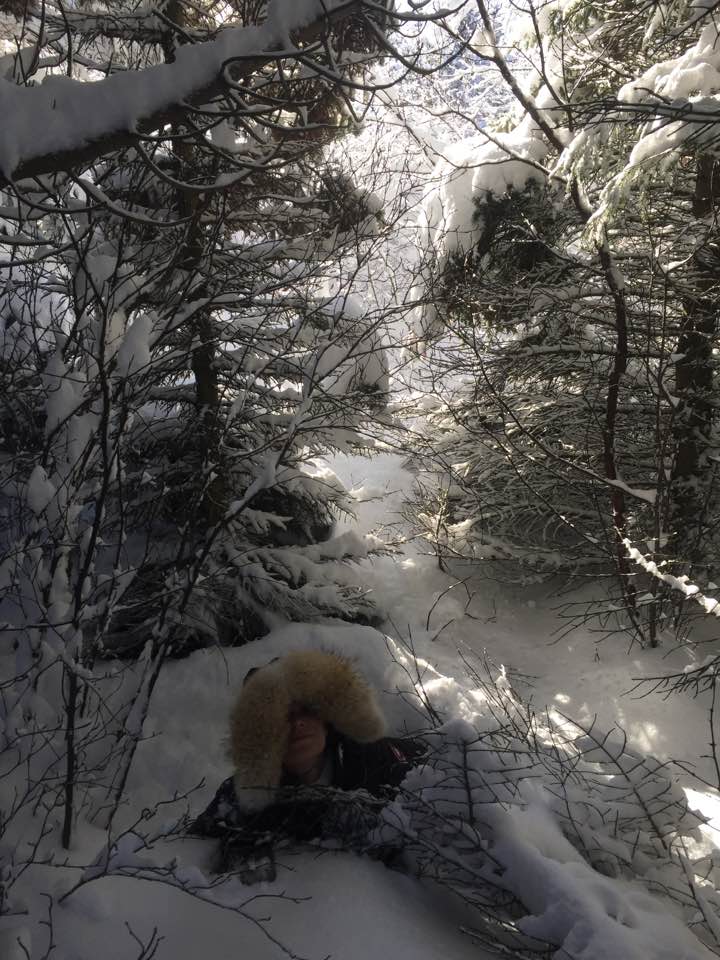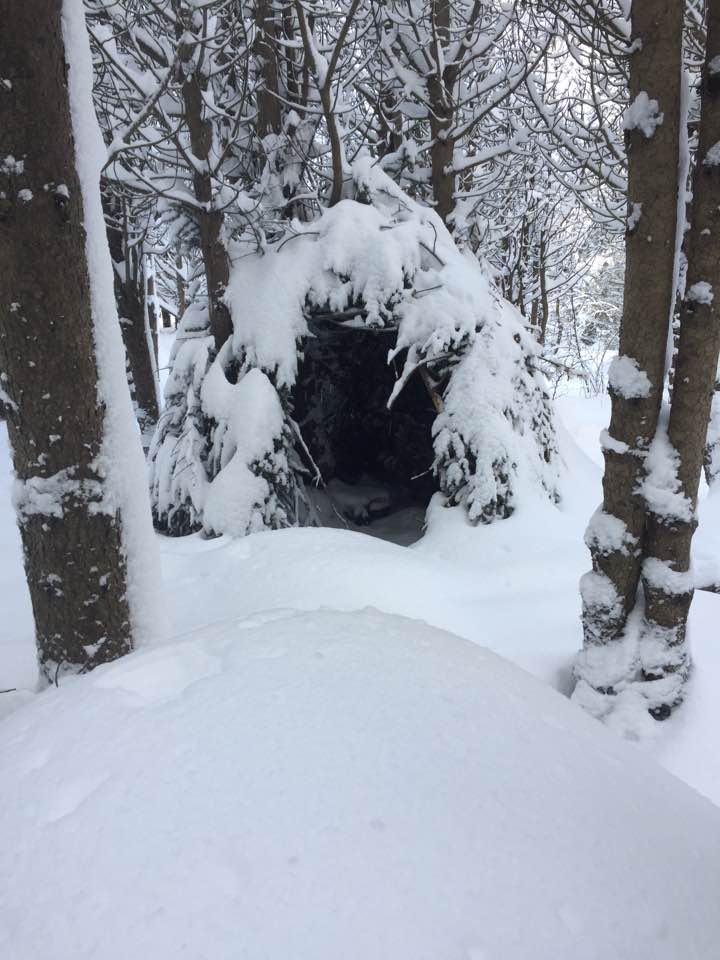Red Christmas, Ergo White Easter: Snjóflóð 2017 Posted by Meg on Feb 28, 2017 in Icelandic culture, Icelandic grammar, Icelandic history
When Snjóflóð 2017 (“avalanche”) hit Reykjavik this past weekend, I started to think about a blog I’d prepared but not published this past December. And I decided to resurrect it from the pile. The weekend felt odd to me – like the snow had come too late. And then I remembered the Icelandic saying, rauð jól, hvítir páskar (red Christmas, white Easter) and suddenly the snowstorm made sense! The adage held its own: for most of the Christmas season, we didn’t see snow – barring a few days before and after Christmas.

You‘ve probably heard the (perhaps dreaded) utterance “green Christmas,“ in your lifetime. Or felt delight at the prospect of a “white Christmas“ that‘ll greet you in the morning. In Icelandic, I look forward to the whitened landscape as well – the mountains covered in a downy blanket – but this year in Reykjavik, we missed out on the coveted „hvít jól” and ended up with the less-compelling and certainly less fun “rauð jól”.
That wasn’t a typo. What we’d call a green Christmas in the States is called a “red Christmas” in Iceland. Three things immediately came to mind when I first heard this phrase:
–Something Stephen King-esque
–The “red” part of “red and green,” thus yuletide cheer
–Red basalt, volcanic eruption, et al.
But the phrase isn’t any of the usual suspects (well, my usual suspects), obviously, because it indicates the likelihood of a Christmas without snow. Perhaps unsurprisingly – because Icelandic is such a rich language, astounding in its multiplicity of meaning—the leap from red to snowless isn’t very far. The Icelandic etymological dictionary and a bit of sleuthing mostly cleared up the mystery behind this seemingly misleading turn of phrase.
Rauður, the nominative masculine form of the adjective, lists the expected relationships – með lit blóðs (with the color of blood); rauðleitur (ruddy, reddish); rauðbrúnn (auburn). But as we travel along the lineage of this word, we come upon „snjólaus” –snow-less – and “auður,” which in this case is an adjective meaning “barren, deserted, empty” (and not the masculine noun meaning “riches, wealth” – a nice twist of irony, if I do say so myself). Auð jörð is a phrase used to describe bare ground, and thus the rauð of rauð jól has a rather direct– and not merely a sonic– connection to the auð of auð jörð. There‘s a sort of paralellism to the terms. Along these lines, this sort of interchangeability between rauður and auður pops up in Icelandic writing from the mid-nineteenth century in the line “öðru megin árinnar var rauð jörð, en hinu megin alhvít af snjó” (On one side of the river was bare earth, on the other, the [all]white of snow). The usages of auð jörð are fewer and farther between – and younger – than rauð jörð, as an aside.
There’s been some minimal disagreement about the usage of rauður to describe the snowless Christmas, with some dissidents arguing that perhaps rauður is in fact a typo meant to be auður. But I‘ve seen no evidence of this. Back in the mid-nineteenth century, you can also find the phrase “Ef jól eru rauð, verða hvítir páskar” (if Christmastime is ‘red’, then a white Easter will follow). And in 1904, the phrase rauð jól, hvítir páskar also made an appearance.
And the saying has expanded over the years to rauð jól, hvítir páskar, hvít jól, rauðir páskar. The Icelandic-linguistic laws of causality, as immutable as any I’ve ever seen, say that not only will the red Christmas will lead to a white Easter, but the white Christmas to the red Easter.
And since we’re only seen proof-positive so far, which do you think it’ll be? A snow-covered Easter, or a rather more temperate one?
(As an aside, yesterday was bolludagur and tomorrow is Öskudagur, Ash Wednesday, when all the kids get dressed up in costumes and sing songs for candy.)

Build vocabulary, practice pronunciation, and more with Transparent Language Online. Available anytime, anywhere, on any device.





Comments:
Kristinn:
Meg I am sure there are good changes in your life, Sorry to see you go? Bless Bless, og Via Con Dios! Kris
Meg:
@Kristinn Hi Kris, I’m not going anywhere, but I’m happy that I’d be missed if I did!